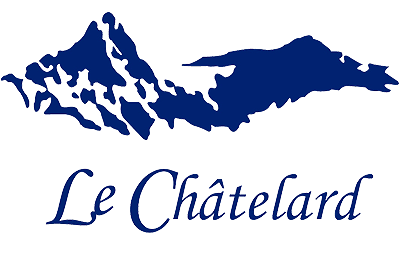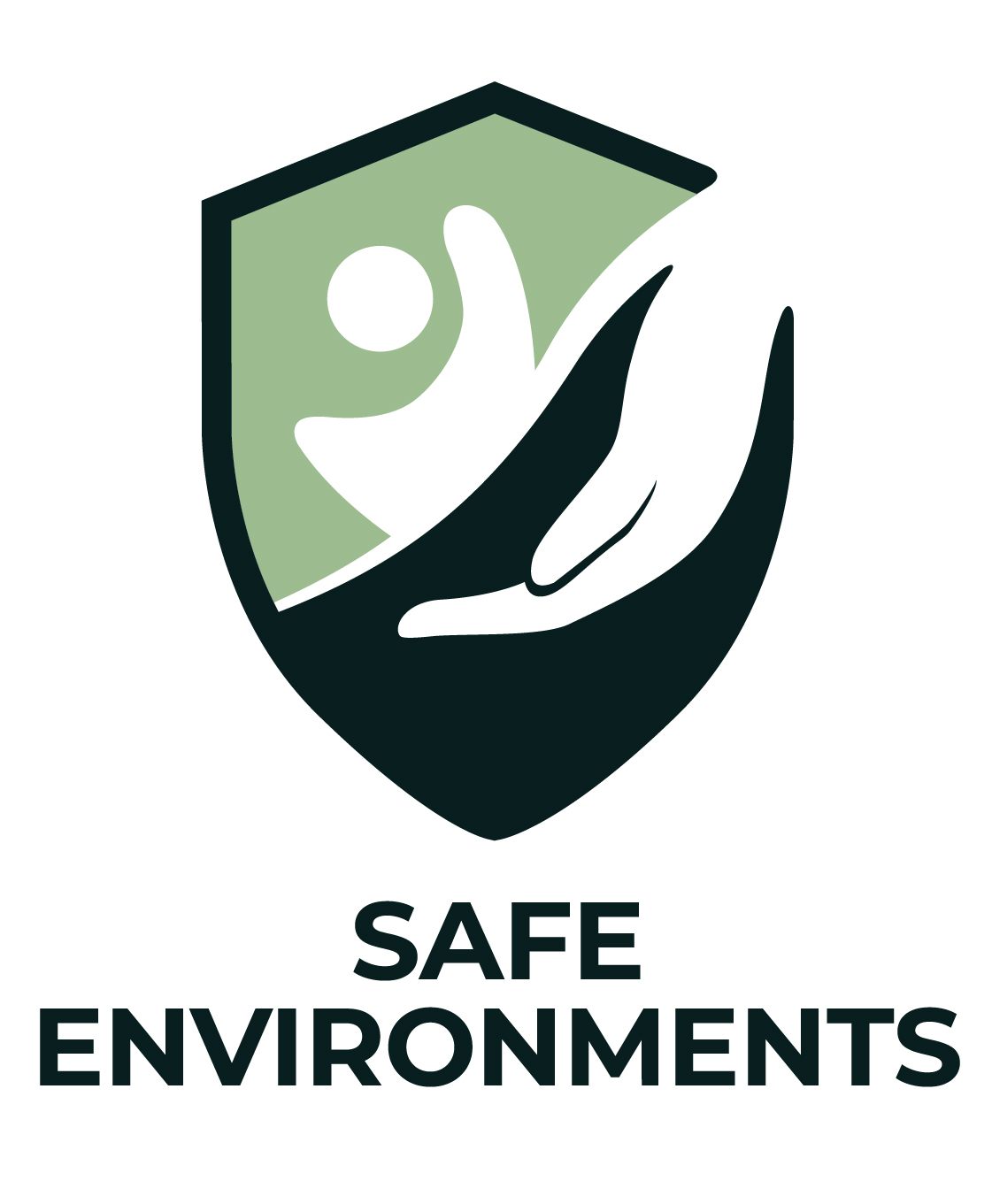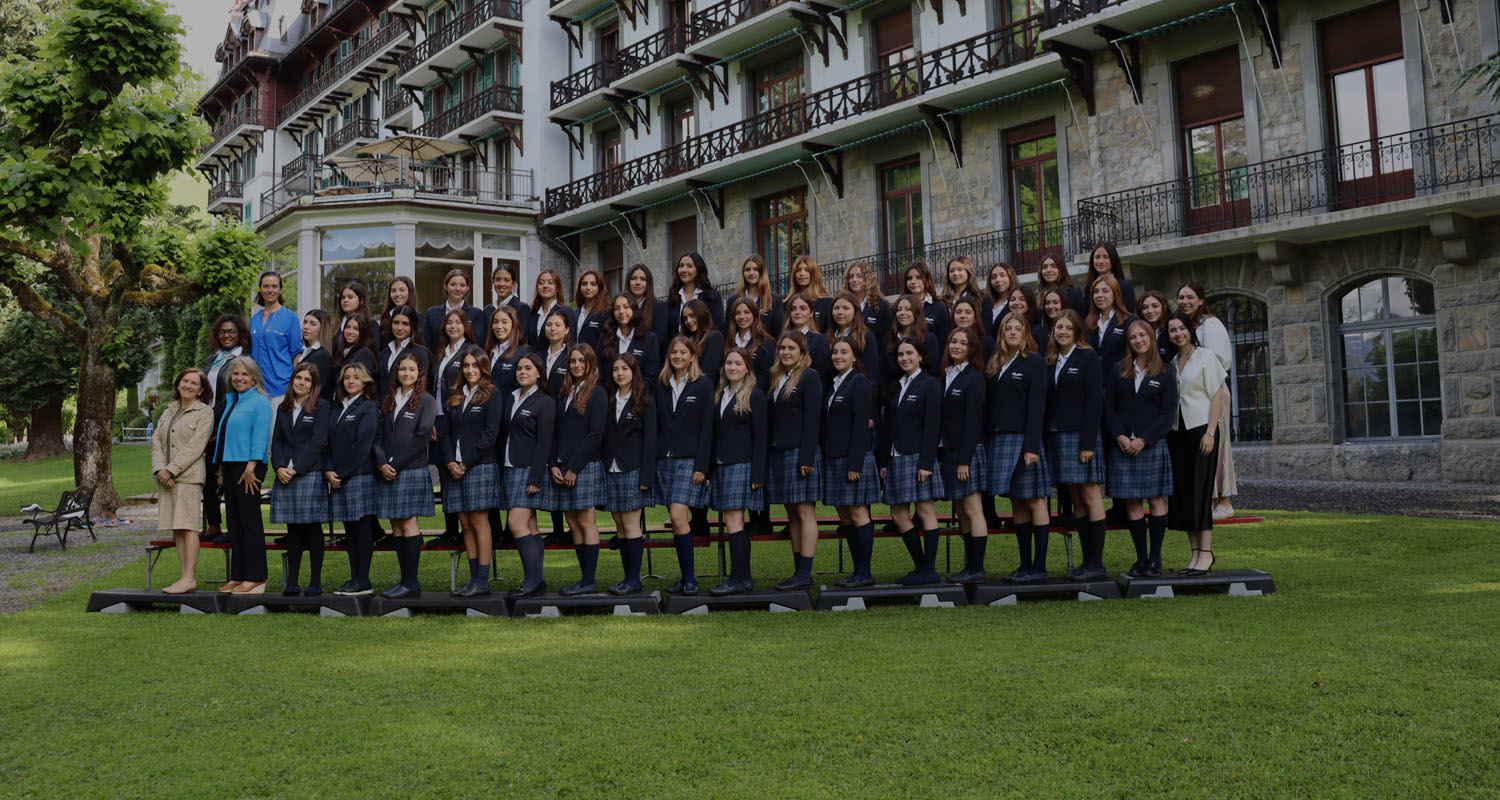Formation Program
Le Châtelard offers a truly integral formation based on the following teaching-learning process:
Academic Program
Le Châtelard offers a competitive and challenging curriculum based on Switzerland´s learning standards and those established for our Network of Schools. All subjects are taught in the French Language.
As a solid academic preparation for university, the Academy consistently promotes the development of a set of skills and habits necessary to tackle higher learning.
We Promote:
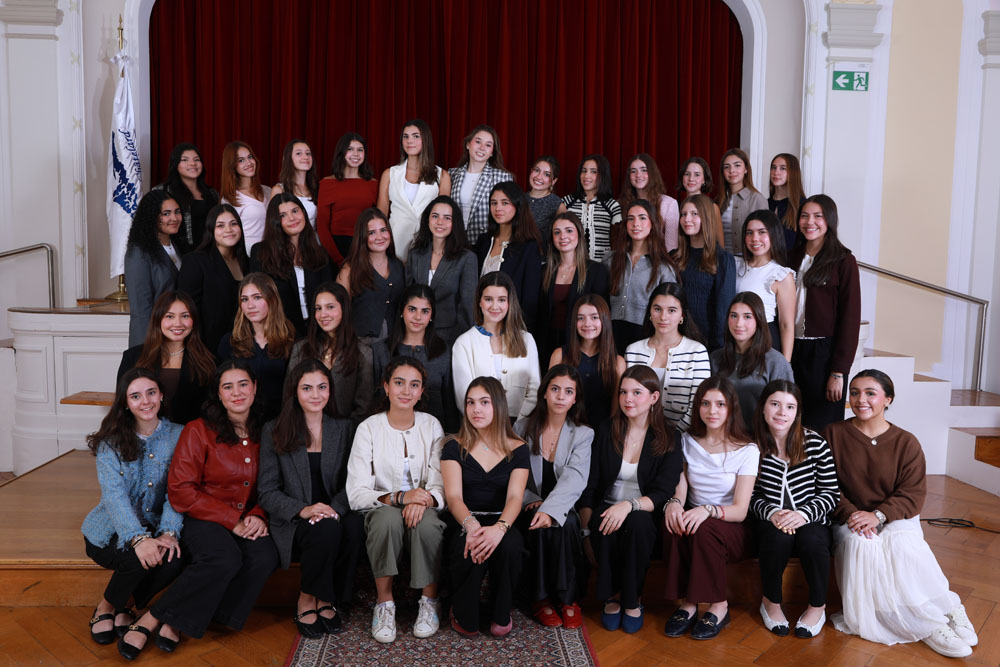
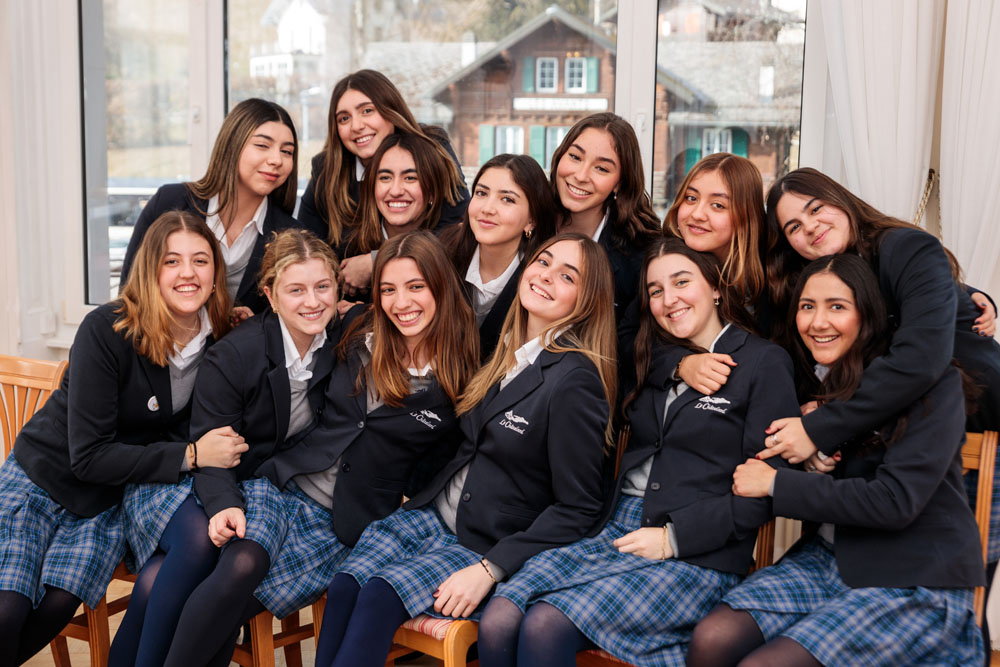
Academic Curriculum
Students should be able to reproduce models and figures as well as relate the different types of shapes. Through the observation of details, the use of perspective, and the selection of drawing materials, students shall be acquainted with general artistic activity and design. The course aims to stimulate the powers of observation and abstract thinking through practical exercises, such as: sketches of natural and man-made objects, proportionality, use of primary and secondary colours for the creation of tones, use of contrast and the diverse surface qualities.
The first semester is dedicated to Life Science. They learn about the evolution theory, cells’ structure and processes, cellular preservation (reproduction, interaction and organisation); viruses and cell invaders. The second semester focuses on Health Science. The chapters covered are the concept and definition of health and disease; the structure and function of the human body; balanced diets, malnutrition and its consequences; stress; heart attacks; immunology and disease prevention.
This is an application based course. Students will have to acquire the
knowledge, skills, behaviors and critical thinking needed in topics related to internet use / new technologies, office software and image processing.
This course gives the students an understanding of the role of chemistry in life and science. During the academic year, students will have to acquire the knowledge, skills, behaviours and critical thinking needed in topics related to: matter, energy-matter interaction, atomic models, the periodic table, chemical bonds and molecules, balancing equations, mole and concentration, mixtures and separation, pollution, macromolecules, organic chemistry.
The aim of this course is to prepare students to the Cambridge English: First, commonly known as First Certificate in English. They work on enhancing their written and spoken English at an upper-intermediate level (level B2 of the Common European Framework of Reference for Languages), and develop the following skills: understand the main ideas of complex pieces of writing, keep up a conversation on a fairly wide range of topics, produce clear, detailed writing, control vocabulary and grammar, including perfect use of irregular verbs and understand the meaning of a range of spoken material.
This course aims at helping students to look for truth and to act accordingly. They will reflect on man’s search for transcendence and discover God’s revelation. They will get to understand better and live out the sacraments of the Church and the commandments. They will also learn to analyze specific problems and situations related to the practice of values and take a closer look at the relationships between Ethics and Science and will learn more about Bioethics.
French offers students’ four basic language skills: reading comprehension, conversation, pronunciation and writing, grammar. An introduction to the French and Swiss cultures provides an excellent source to apply what they have assimilated. Students will be prepared to present the DELF examinations and should be able to obtain the B1 or B2 level at the end of the year.
This course is aimed at teaching the students to interpret history with a critical eye by the methodical analysis of our modern world history. Course contents include: World War I and the Russian Revolution; World War II and the European Dictatorships; the Rise of two powerful blocks, the end of colonialism and the Cold War.
The purpose of this course, commonly called “Savoir-Vivre”, is to develop the potential of the student so as to become a self-assured and confident woman. The classes of personal presentation encourage the students to develop positive self-image and self-esteem. The classes of protocol provide the students with the tools necessary so as to be at ease in whatsoever situation they find themselves in. The themes covered include: courtesy, table dressing and decoration, precedence at table, the importance of image and body language, musical appreciation and nutrition.
World-class chefs introduce students to the delights of French cooking. After three practical and written examinations the Cordon Bleu Cooking Certificate is awarded at the course’s conclusion. This course focuses on preparation of entrées and meats, menu programming, the preparation and presentation of buffets and deserts.
Mathematics provides a solid basis for the students’ cognitive development. The following notions and operations are taught: real numbers, inequalities, exponentials and roots, fractions, solving first degree equations and determining their geometric interpretation, solutions for three unknown factors, second degree equations, graphic representation of second degree equation linear equations, algebraic methods, the Pythagorean theorem, trigonometry formulas.
Students should increase their textual comprehension in the areas of information, style and ideology and distinguish these multiple forms in literature. The value of reading and writing as creative processes will naturally mature through proof-reading personal errors as well as by selection and precision in word usage. Other course objectives include documentary research applied to personal projects, the use of bibliography and synoptic charts, techniques for narrative, poetic and essay reading and punctuation usage.
Exercise provides an excellent means for maintaining physical and mental fitness that come through the release of inner tensions. Competition contributes positively to building coordination skills, concentration, and a spirit of team work and discipline. Students receive a general physical preparation which will benefit them during individual and team sports.
Students confront everyday situations from many points of view as is the humanistic point of view which considers values, human rights and ethical notions. Social Participation offers knowledge of the basic elements of society in order to make mature judgements with the perspective justice in society. This skill requires: targeting principle problems of society, identifying diverse social strata and lifestyles, integral proposals that are in keeping with national, political, educational and cultural needs. This course additionally provides opportunities to value the richness of cultural differences.
During this course, students are to understand the relationship between the person and culture and reflect on how their own. Contents includes the definition of Social Sciences; different fields within the Social Sciences; society, work and the human person; the person, society and its dynamic structure; the economy and its basic elements; organisation for the production of fundamental economic needs; labour economics and unemployment; the enterprise and its social function; social stratification; role of the state.
Students will also have the opportunity to receive the following diplomas:
- Le Châtelard Diploma
- Savoir Vivre Diploma
- Cordon Bleu Home Culinary Certificate
- Cambridge First Certificate in English (FCE)
- Diplôme Elémentaire de Langue Française (DELF) (100% of our students reach the B1 or B2 level at the end of the school year)
- Academic
- Ski Certificates, Optional Courses, Clubs
Le Châtelard students apply what they learn through the social participation activities which they themselves organize, such as visits to nursing homes, creation of spiritual/cultural clubs, and other projects adapted to their age.
Le Châtelard offers sports and artistic courses as an additional touch to the formation of our students. The elective course fee includes two weekly sessions first and third term and one weekly session on the second term (ski season). In courses such as photography and tennis students are expected to bring their own equipment or to purchase it in Switzerland as the school does not provide them.
On Campus
- Flower arranging
- Pottery
- Basketball
- Kickboxing
- Zumba
- Photography
- Make-up course
- Tennis
- Hip-pop dance
- Soccer
- Personal Training
- Dance
- Spinning
Off Campus
- Alpinism
- Ice Skating (just second term only)
- Swimming
- Horse-back riding (1st and 3rd trimester)
Some of these courses are not available the whole year.
Elective courses are chosen according to the availability before the beginning of the term and no changes will be possible until the following term. Students are expected to attend all the sessions.
Ski Season
During the months of January, February and March, the girls go skiing every weekend with qualified monitors for the girls to teach them how to ski.
If the student wants to go skiing on another day besides those programmed, she must be accompanied by a member of the staff. Please note that this is at their own personal expense.
French
During this course students will be exposed to the French language, encompassing the grammatical and oral elements, in addition having an introduction to the culture of France. They will prepare the DELF exams, level B1 or B2 according to their capacities.
English
The aim of this course is to prepare the students to the Cambridge English: First, commonly known as First Certificate in English. They work on enhancing their written and spoken English at an upper-intermediate level (level B2 of the Common European Framework of Reference for Languages), and develop the following skills:
- Understand the main ideas of complex pieces of writing, such as fiction and non-fiction books, journals, newspapers and magazines
- Keep up a conversation on a fairly wide range of topics, expressing opinions and presenting arguments
- Produce clear, detailed writing, such as a short story, a letter, an article, a report, a review or an essay, expressing opinions and explaining the advantages and disadvantages of different points of view
- Control vocabulary and grammar, including perfect use of irregular verbs
- Understand the meaning of a range of spoken material, including news programs, speeches, stories, anecdotes and public announcements
- Demonstrate different types of speaking, including by themselves and in discussion with others
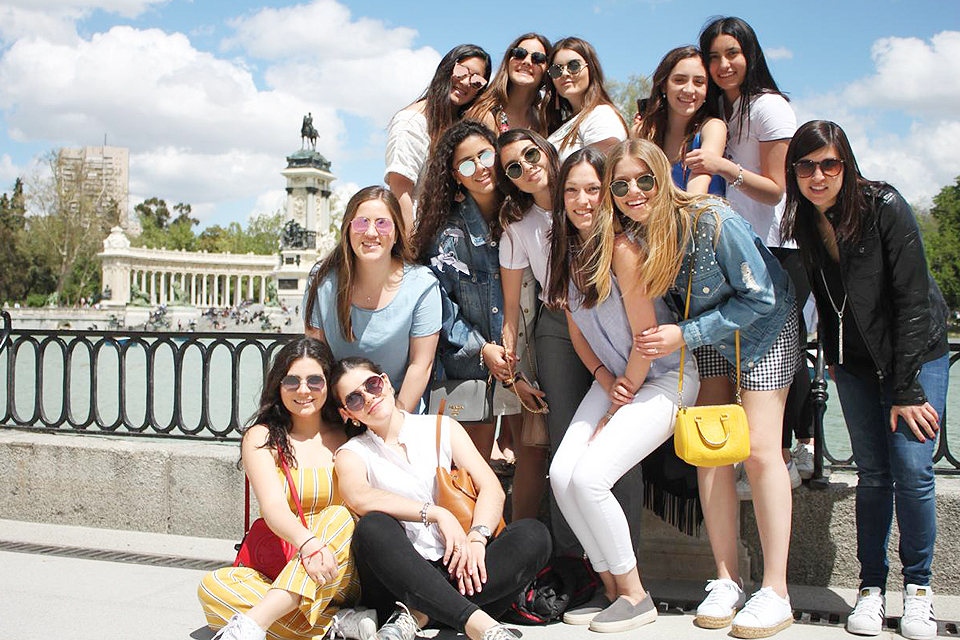
High School Ages: From 16 to 18 years old
High School Formation Program
High School Formation Program
Today’s world calls for a type of woman who is committed to improving her environment. This woman needs to be a leader, distinguished by her self-giving and capacity to guide others.
Recommended Clothing
We highly recommend that our students do not bring more clothes than the ones listed, since they usually like to buy them here, as they are more adapted to the Swiss climate.
High School Honor List
High School Honor List
The medals which are awarded in the different aspects of the human, intellectual and spiritual formation show the excellence of the integral formation that the girls aspired during the year.
